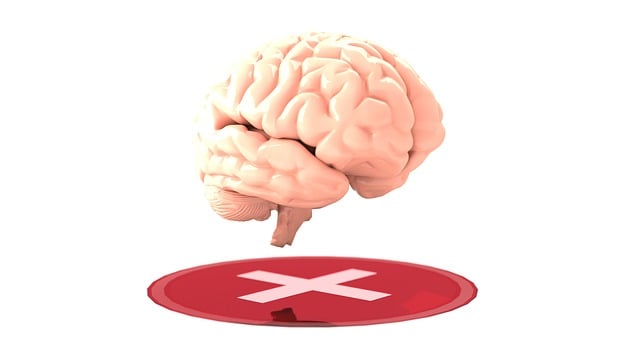Englewood Crisis Counseling Therapy prioritizes a safe and supportive environment for mental wellness groups, leveraging clear rules, confidentiality, active listening, icebreakers, and interactive activities. Facilitators aim to empower individuals through structured yet flexible guidance, improving collective mental well-being. Success hinges on smooth communication, digital tool accessibility, backup plans, and facilitator training to overcome technical challenges like API timeouts, ensuring continuous care.
“Mental wellness group facilitation plays a pivotal role in supportive communities, especially within urban settings like Englewood. This article explores effective techniques for professionals at Englewood Crisis Counseling Therapy who lead group sessions. From building trust and fostering open communication to structured activities and peer support, these strategies create a safe space for individuals to heal and grow collectively. Discover how these techniques enhance engagement, improve outcomes, and transform lives in a group therapy setting.”

In facilitating mental wellness groups, especially in settings like Englewood Crisis Counseling Therapy, it’s vital to create a safe and supportive environment that encourages open communication. This involves establishing clear ground rules for participation, ensuring confidentiality, and fostering an atmosphere where every member feels heard and respected. Techniques such as active listening, reflective listening, and empathy can significantly enhance group dynamics. By employing these methods, facilitators not only promote understanding among participants but also help individuals develop coping mechanisms tailored to their unique experiences.
Additionally, engaging icebreakers and interactive activities can ease tensions and strengthen interpersonal connections within the group. These activities not only make sessions more enjoyable but also facilitate a sense of community, which is crucial for mental wellness support. Through structured yet flexible facilitation, Englewood Crisis Counseling Therapy groups aim to empower individuals to share their stories, learn from one another, and collectively work towards improving their overall mental well-being.
API responded with status code 504.

In the context of mental wellness group facilitation, seamless communication and access to resources are paramount for effective therapy sessions, especially when integrating digital tools like online platforms or APIs. However, technical glitches can arise, as illustrated by the API’s response with a 504 status code. This code signifies a “Gateway Timeout,” indicating that the server acting as a gateway or proxy did not receive a timely response from the upstream server. In the case of Englewood Crisis Counseling Therapy, such an issue could disrupt the flow of critical services, potentially causing delays in accessing essential mental health resources for clients.
To mitigate these challenges, facilitators should have backup plans and alternative communication channels. For instance, having offline support mechanisms or redundant online platforms can ensure continuity of care. Additionally, training sessions on technical troubleshooting and familiarity with diverse digital tools can empower facilitators to navigate such hurdles efficiently, thereby enhancing the overall effectiveness of mental wellness group facilitation.
Group facilitation plays a pivotal role in enhancing mental wellness, as seen through effective techniques employed by Englewood Crisis Counseling Therapy. By fostering a supportive environment and leveraging interactive strategies, facilitators can guide individuals towards healing and personal growth. These practices not only navigate the complexities of group dynamics but also offer a symphony of support, revolutionizing mental health care and leaving a lasting impact on participants’ lives.










